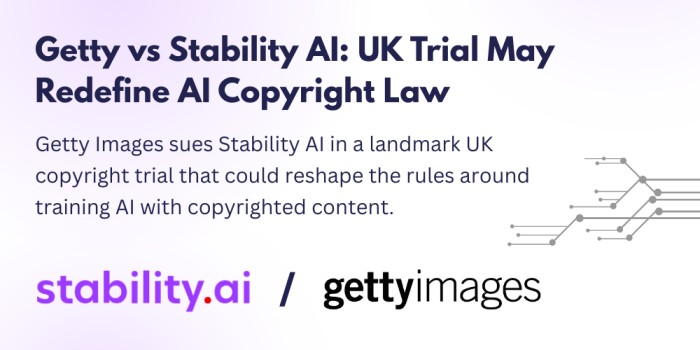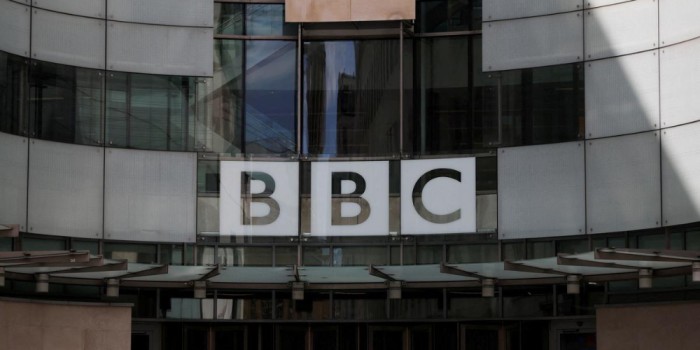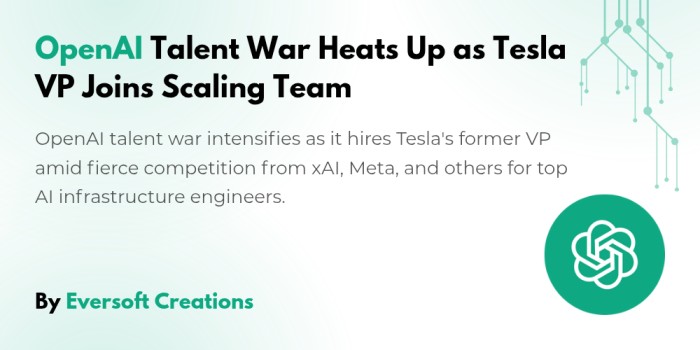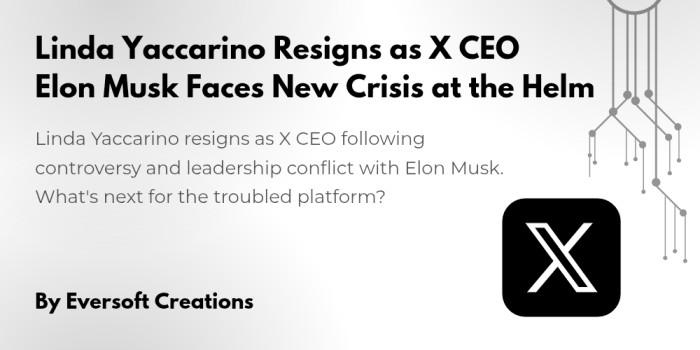The case of Getty Images versus Stability AI in the UK could have a major impact on the whole AI industry. Since AI-generated images are becoming more common, debates about patent infringement and intellectual ownership are keeping people’s attention. Starting in June 2025, this trial is the UK’s first to review the use of copyrighted files by AI companies as part of their training. It could change how the UK and many other countries develop innovation, artistic works, and ethics in AI.
Understanding the Background of the Case
Who Are the Key Players?
- Getty Images: This is among the most famous online image and video agencies because of its large, up-to-date library of images and videos.
- Stability AI: It is a top business in the generative AI field, best remembered for creating Stable Diffusion, a popular image generator.
The Core Allegation
According to Getty Images, Stability AI used more than 12 million of their copyrighted photos and videos without getting the right licenses from Getty. According to Getty, the British legislation on copyright and their trademarks and database rights are also being broken.
Certain AI-generated images are said to have Getty’s watermark, which implies that along with scraping the initial files, the AI may have maintained and copied branding details, leading some to think of trademark misuse.
Stability AI’s Defense Strategy
Jurisdictional Objection
Stability AI claims that the work was done in the United States, where the law related to copyright is different from that in Canada. For this reason, they argue that the UK’s copyright rules cannot be used.
No Direct Reproduction Claim
The company’s defense is that Stable Diffusion does not exactly restore original images but makes new images based on its statistics. Margulies Studios says that, according to the law, the output is incidental and creative enough to be a kind of “pastiche” protected by copyright rules.
User Responsibility Argument
Stability AI states that users give the prompts needed for AI generation. If a model happens to generate unlawful content, its creators are not held responsible, but solely the people who use the software.
Why the AI Copyright Trial UK Matters Globally
A Potential Legal Benchmark
The first case of its kind, this trial is the UK’s first major trial on generative AI copyright issues to be handled by a judge. Even though the U.S. has not yet seen major court rulings on these topics, in the UK, the court’s judgement may guide and affect the course of numerous lawsuits across the globe.
Implications for AI Training Data
This case is mainly about whether using unlicensed copyrighted material is a legal way of training AI systems. The court’s verdict might decide on the appropriate use of data in machine learning and may obligate companies to get licenses for ingesting it.
How This Trial Affects Creators and Tech Companies
For Photographers and Visual Artists
With a win, Getty Images will allow content creators to earn money whenever their material is used for AI training. This situation may result in more agreements with tech companies, where artists are paid for their content and their copyright is validated.
For AI Companies
Any legal problems for Stability AI would likely cause big financial consequences. Sometimes, companies have to do the following:
- License or purchase datasets
- Retrain models using public domain or paid assets
- Implement content filters to prevent brand replication
Due to these changes, businesses may spend more and face fewer open-source generative AI tools.
How the Trial Could Shape Future Legislation
Interests in the case are running high within the United Kingdom. After the ruling, the UK might modify its copyright and data policies to reflect challenges caused by new AI technology.
Possibilities Include
- Creating a specific AI copyright exception clause
- Mandating disclosure of training datasets
- Requiring consent from rights holders before data ingestion
What happened in this case may guide future AI laws in Britain, Europe, and maybe worldwide.
The Public’s Perspective on Generative AI and Copyright
Many people are yet to decide whether AI can be creative. Generative models are considered by some as creative freedom for artists, yet others consider they harm the integrity of artists.
Key concerns include
- Unauthorized use of content
- Dilution of artistic careers
- Spread of AI-generated misinformation using realistic but fake images
The trial could help ease many people’s doubts, by making the rules clearer and giving guidelines for everyone to follow.
Similar Cases Around the World
This trial in the UK is not taking place alone. Other copyright lawsuits that have taken place or are still happening in the U.S. and EU cover:
- OpenAI and Meta for unauthorized data scraping
- Stability AI and Midjourney sued by visual artists
- Google’s AI tools under scrutiny for reproducing text and images without attribution
Courts elsewhere might use the decision of the UK case as a guide for copyright in the AI area.
AI Copyright Trial UK: Legal Points Under Debate
Fair Dealing vs Fair Use
The U.S. has a broader fair use policy than the fair dealing policy used by lawmakers in the UK. The judge ought to decide if the use of AI is covered under fair dealing and requires a legitimate reason, for example, in the cases of parody, reviewing, or providing criticism.
Database Rights
The UK offers special legal protections to people who run databases. According to Getty, using AI scraping on their collections crosses copyright lines, since people are scraping images without permission.
Trademark Infringement
Because some outputs from AI now carry a Getty watermark, there is a higher chance of facing charges for using this brand without permission, as such cases could lead to heavier punishments than the ones for copyright infringement.
Expert Reactions to the Trial
Legal Analysts Say
“This is a test case. The judge’s interpretation will likely shape how AI models are built and licensed in the future,” says UK copyright attorney Jane Holland.
Tech Community Weighs In
“Without access to large-scale data, AI models can’t evolve. But ethics matter. This trial could push companies to innovate responsibly,” says DeepAI co-founder Ravi Mishra.
Artists Respond
“Finally, we’re being heard,” says photographer Melissa Grant. “Our content shouldn’t be taken without consent just because it’s online.”
What Happens Next?
The course of the case holds everyone’s attention, as things progress at the UK High Court. No matter the court’s ruling, the AI copyright trial UK will influence what comes next for AI technology and its rules. Whatever the judges decide will have repercussions in many areas, not just in the court.
At this point, experts involved in crypto wonder when the rules will be clear.
Final Thoughts
This case is not only pitting two companies against each other in court. It is important to determine ethical, legal, and technological limits as artificial intelligence changes the world quickly. If you use AI in any way or simply rely on it, this case may influence the future of your digital environment.
Stick around, since there is plenty more to cover ahead. Visit Eversoft Creations for more tech related updates.



